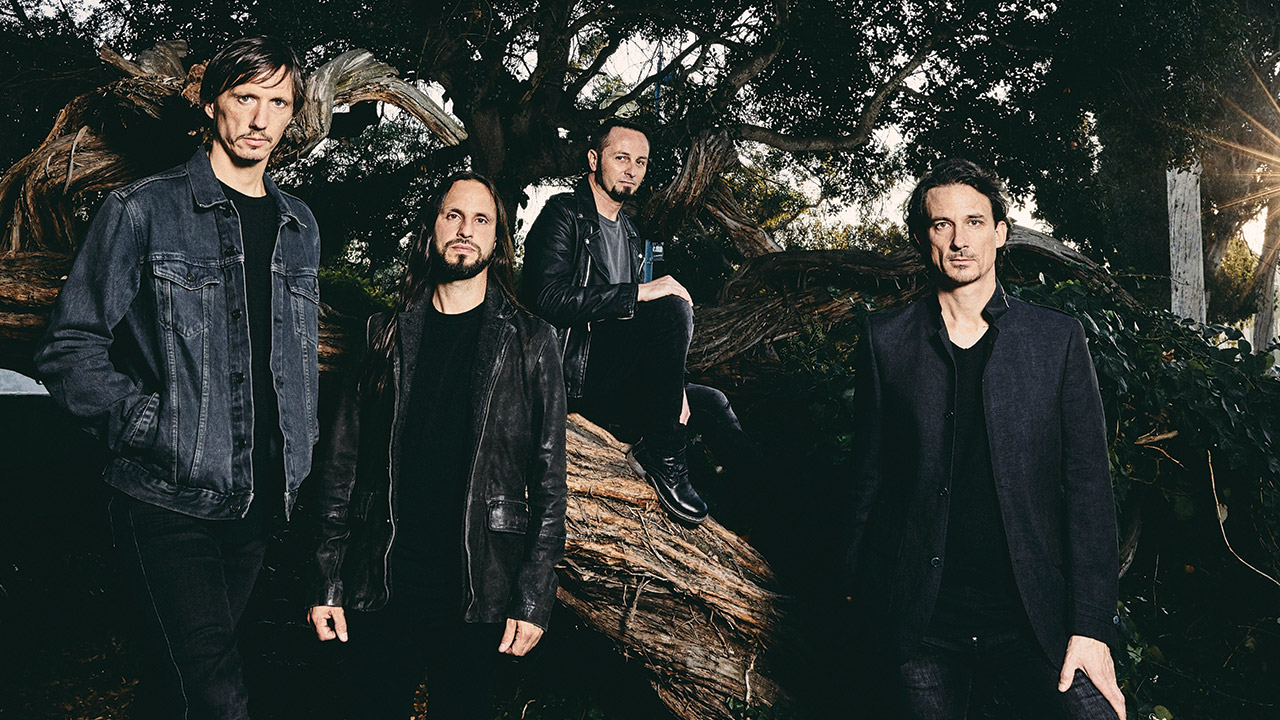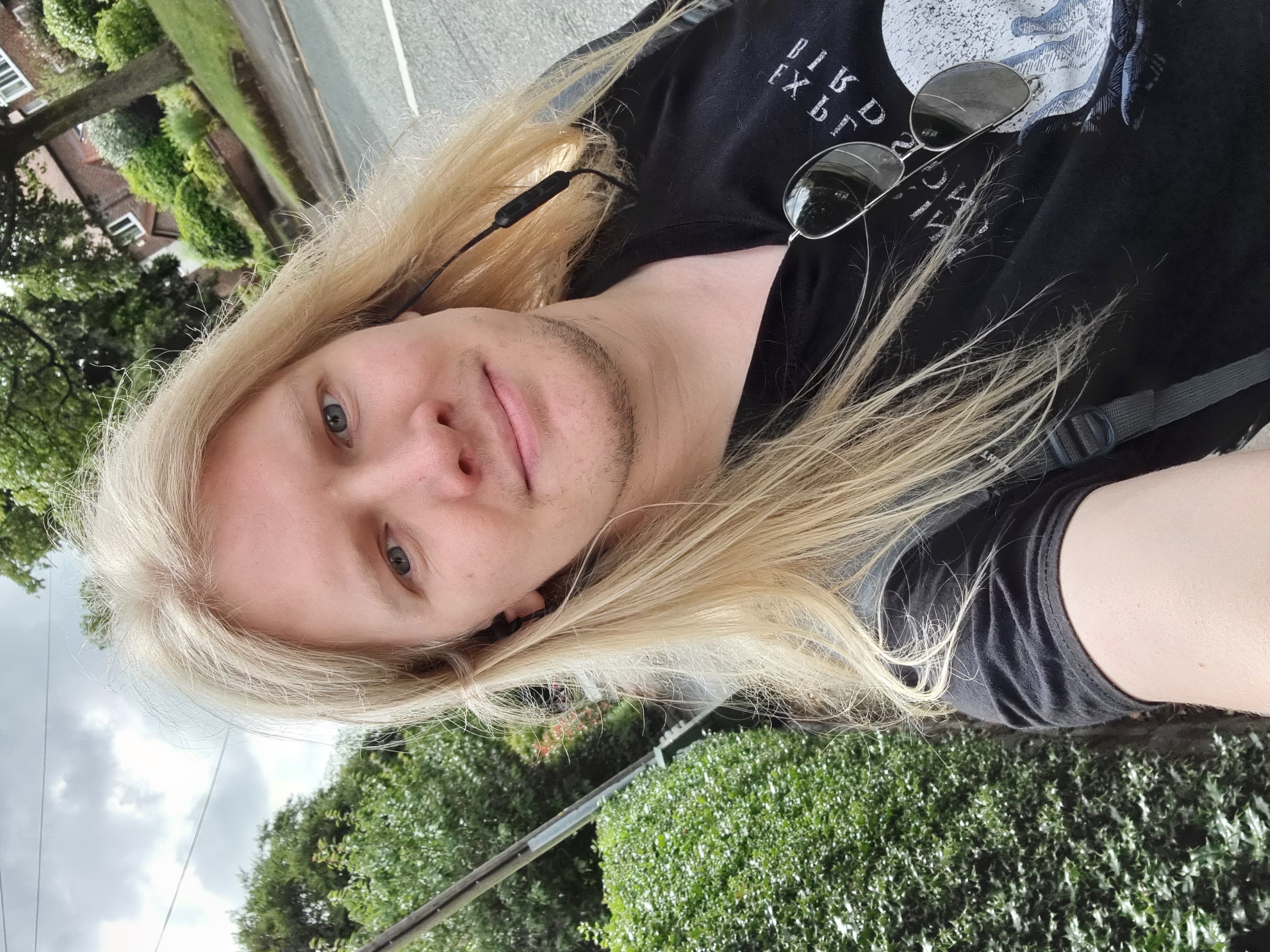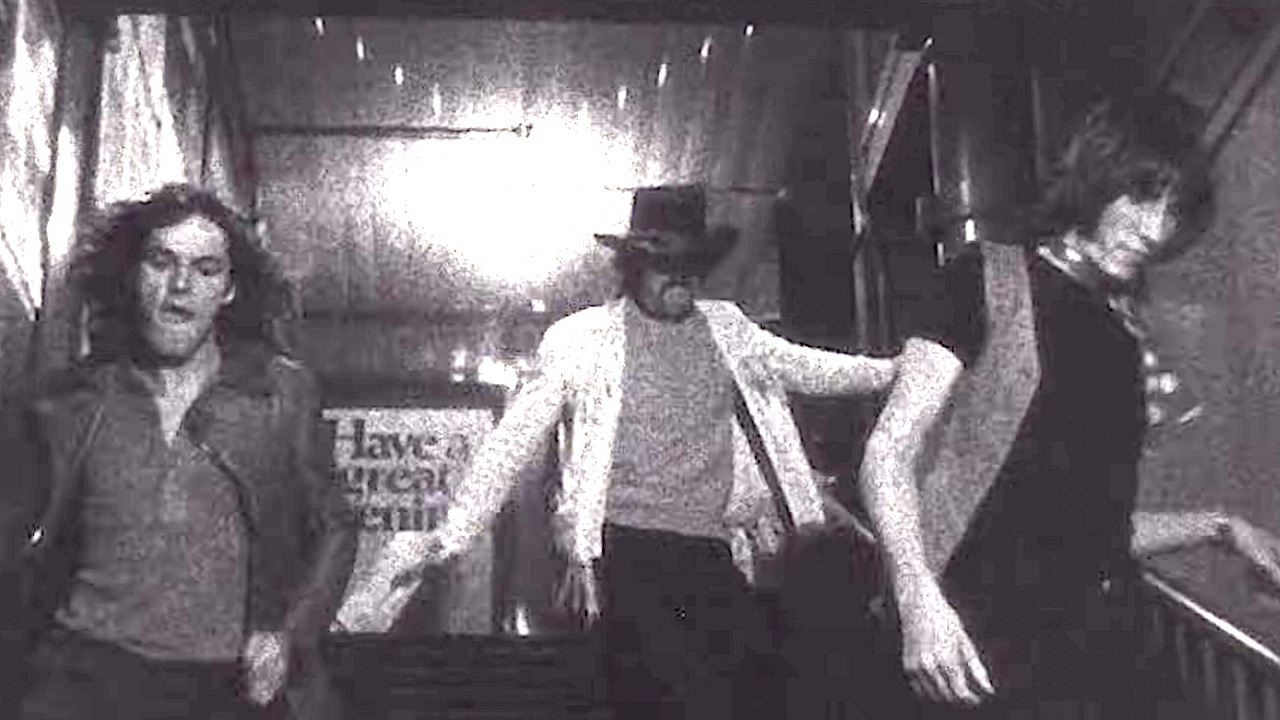“We grew up with the album Crises from Mike Oldfield… The Beatles’ I Want You (She’s So Heavy) could be one of our songs”: From eco activism to maddening production values, there’s more to Gojira than you might think
Taking influence from Pink Floyd, Björk and Metallica, the French band have never been shy about wanting success – but they’ve never sacrificed any of their progressive values

In 2021 Gojira – who’d already become a festival headlining band – delivered their most creative statement to date on seventh (and latest) album Fortitude. The French band’s drummer Mario Duplantier told Prog they’d made their name by staying true to their creative instincts – and also to their sense of social values.
Gojira find themselves with the world at their feet. Releasing their seventh album, Fortitude, on the back of 2016’s Magma – their best-selling record to date – and the host of festival headline slots they earned as a result, they have become one of the biggest metal bands on the planet. Yet they didn’t find their success by commercialising their metallic stomp. They’re still as weird, experimental and avant-garde as ever.
“We’re not blind to success; we want to be the next big metal band,” says drummer Mario Duplantier. “We’re very attracted to the catchiness of metal, but we also love the experimental aspect of our music. So we have this double approach: we want to make the step up and become a bigger band, but we don’t want to lose who we are.”
Fortitude balances on the precipice between their crushing, far-out early work and their matured and more accessible contemporary sound. There’s a yin and yang aspect at play, where jagged prog metal riffs and rhythms interchange with stadium band hooks and moments of beautiful introspection. It’s no mean feat, but this balancing act has been tipping them towards mastered equilibrium since they first announced themselves onto the world.
“The most challenging part of being together for 25 years is finding that fragile and very small area where we all agree on a direction,” Duplantier says. “I knew the other members wanted something very melodic, but I wanted to bring some of the more extreme elements back after Magma. In the end, the four of us really enjoyed putting all those dynamics into these songs.”
Formed in southwestern France in 1996, their 2001 full-length debut Terra Incognita glistened with more than just brawn and brutality as it relentlessly peddled their original technical death metal sound. Even in their most primitive form, something set them apart from their peers – something that’s truer now than ever. Duplantier believes it’s their non-metal influences that have had such a massive impact on their sound.
“We grew up with the album Crises from Mike Oldfield,” he says of his early years alongside his guitarist/vocalist and brother, Joe. “It was a huge part of our musical identity.
Sign up below to get the latest from Prog, plus exclusive special offers, direct to your inbox!
“The Beatles were one of our favourite bands too; they have been a strong influence on us,” he adds. "I Want You (She’s So Heavy) could even be a Gojira song! But we also love death metal, so you have The Beatles and Mike Oldfield on one side and Morbid Angel on the other – and that’s where Gojira is today.”
In the two and a half decades since, their musical priorities have shifted. Fierce, grinding riffs are very much integral to Fortitude, but a gigantic vocal refrain or razor-sharp guitar melody is never far away. The ratio between growled and sung vocals has changed dramatically too, opening up the band to a much wider audience. From The Chant’s infectious vocal lines, designed to be sung back at them by 80,000 people at festivals, to Hold On, which unites grit with celestial turns that wouldn’t be out of place on Yes’ 90125, and Another World’s spinning, radio-friendly clatter, every song is bolstered by moments tailored for the masses rather than metal fans alone.
This contrast is strongest on Into The Storm, which has roots in tribal music and the universal metal of Metallica’s multi-Platinum Black Album. Duplantier’s polyrhythmic drumming that starts the song transitions into what’s arguably their biggest and most remarkable chorus to date: spacious yet seismic, its lyrics even encourage listeners to put their fists in the air.
I fell in love with the trance aspect of traditional Indian music… it’s one of the ways I brought the progressive aspect into Gojira
“Into The Storm comes from an African drumming exercise I was playing with,” Duplantier explains. “I listen to a lot of African music and artists. I actually fought really hard to get that song on the new album. I still want to keep that signature, because for me it’s a precious treasure. It’s almost like a diamond, you know?
“But it’s about balance now, because we’re festival headliners. So when I do something complex, Joe is always balancing it with something simple. Or if Joe is playing a crazy riff, I’ll keep the drums straight.”
Fortitude feels like the pinnacle of a long climb – the synergy between all their different elements feels perfectly harmonised. “I fell in love with the trance aspect of traditional Indian music; it’s one of my biggest influences and one of the big ways I brought the progressive aspect into Gojira,” he says.
“So we sometimes play riffs with super-long loops and make subtle changes to them every time it repeats. On songs like Where Dragons Dwell and To Sirius [both from 2005’s From Mars To Sirius] and also Blow Me Away (Niverse) [from Terra Incognita] the goal was to make the crescendo of the riff really huge. On Fortitude we have Amazonia and Sphinx. Sometimes when I’m playing those songs, in my head I’m flying through the sky, my body is burning and hurting – but I feel so alive. I feel so many different emotions; sometimes anger, sometimes hope.”
By adding the language of Eastern rhythms into their Western vocabulary, Gojira have crafted a sound that dares to be different. It gives their aggression a unique edge. Those rhythms can be heard as early as their second album, The Link, with the title track lurching forwards with a skittish pulse. But it was on The Art Of Dying, from 2008’s The Way Of All Flesh, where the band began to master this unison of styles. By overlaying odd-time drumming with simple, driving guitars, they were able to strike a balance between the unusual and the invigorating, something that’s been pivotal in their commercial success ever since – even when the sound becomes unhinged, something in the mix pulls it back to a more accessible place.
However, even as Gojira’s sound matured and they toured much larger venues, it was important that their writing process remained free-spirited. “We write very crazy music at times,” says the drummer, “but we’re not technicians. Our writing has always been a natural and spontaneous process. We don’t know where we’re going. We just start jamming and ideas come from nowhere and everywhere. It’s true that we did have talks about the balance of these songs, but we still wanted them to sound organic. I would say Fortitude is the perfect balance between the catchiness and complexity in heavy songs, with strong choruses and massive riffs that everyone can enjoy, like Enter Sandman.”
We grew up with a lot of spirituality through our mother… we feel we have this responsibility to address something important to our listeners
Yet it isn’t just in their music where Gojira show a progressive mentality. From tackling environmental issues to raising awareness on the current plight facing indigenous tribes in the Amazon, the band’s lyrics have always pushed for social change. “It’s absolutely something we care about,” Duplantier says. “I think it’s important to express anger and despair sometimes, but we still always try to use those emotions to bring something positive. It’s not only in the music – it’s also how we want to exist in this world.
“We grew up with a lot of spirituality through our mother. Whenever we felt bad, she always had something intelligent and clever and spiritual to say that would lift us up. So with our music we feel we have this responsibility to address something important to our listeners.”
Gojira have started to turn their words into tangible change. “We feel what’s happening in the Amazon is a disaster,” the drummer says. “The politicians in Brazil are killing all the tribes and destroying the forest to make money for themselves. We saw some images when we were starting to write Fortitude and we almost cried. We want to do something to help those tribes. So as well as writing about it on the album, we’re going to do a charity auction.
“We’re going to sell art and equipment. I’ll sell the snare I used to record Magma and I’ll paint on drum skins. My brother spends a lot of time on the phone to make sure the money goes to the people who are going to really help. Words are great, but with action we can be part of the solution. We also have a programme with a record store in Australia where, if you buy the new record, they plant a tree. We want to do what we can for the world and the environment.”
Fortitude is the band’s second self-produced record, after Magma. Joe Duplantier, who leads on the production, hides nuances in every nook and cranny, taking cues from Björk and Pink Floyd to Meshuggah and Death.
“My brother is constantly adding layers to our songs. He can’t help himself – he’s a maniac!” Duplantier laughs. “He wants things to be there even if you can’t really hear them. He’s a perfectionist; he always finishes our albums with burnout. But we love to add a lot of backing vocals, percussion and guitars with special effects. I think it adds something very deep to the music. Sometimes we’ll spend weeks on only a few details – but I find that process very useful for how the songs are perceived.”
It’s a perfect image for the band’s present day sound: while at first glance they’re digestible and diligent, the more you explore their depths, the more you discover just how detailed and divergent Gojira really are.
You can usually find this Prog scribe writing about the heavier side of the genre, chatting to bands for features and news pieces or introducing you to exciting new bands that deserve your attention. Elsewhere, Phil can be found on stage with progressive metallers Prognosis or behind a camera teaching filmmaking skills to young people.
![Gojira - The Chant [OFFICIAL VIDEO] - YouTube](https://img.youtube.com/vi/EkRrend3sIw/maxresdefault.jpg)
![Gojira - Hold On [OFFICIAL AUDIO] - YouTube](https://img.youtube.com/vi/R9Z03WqSytk/maxresdefault.jpg)

